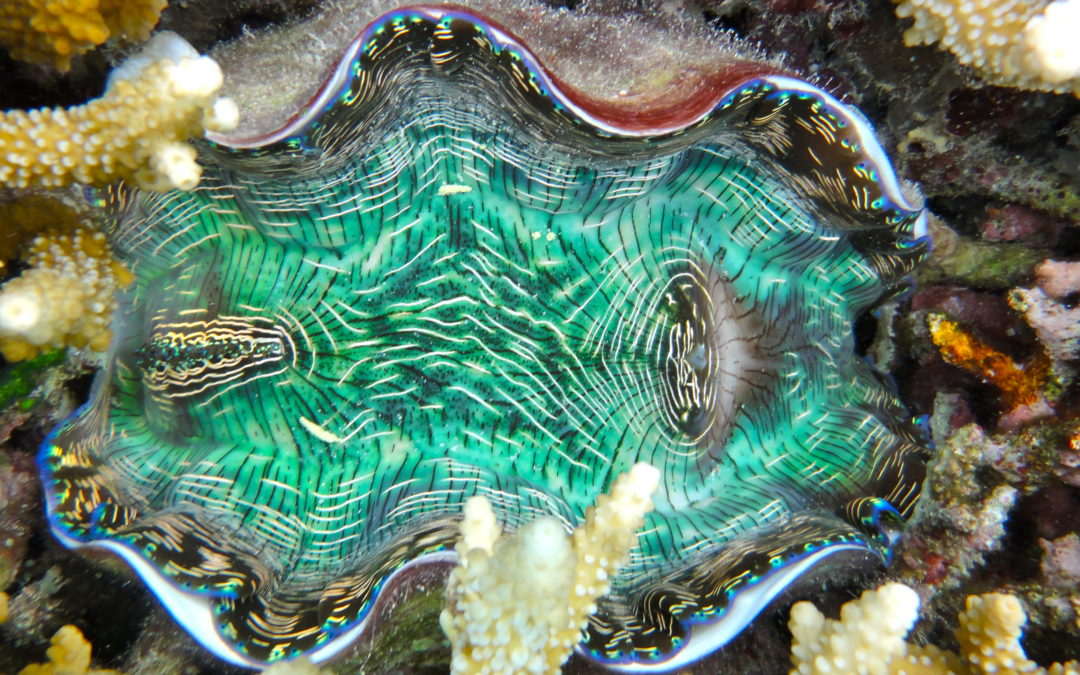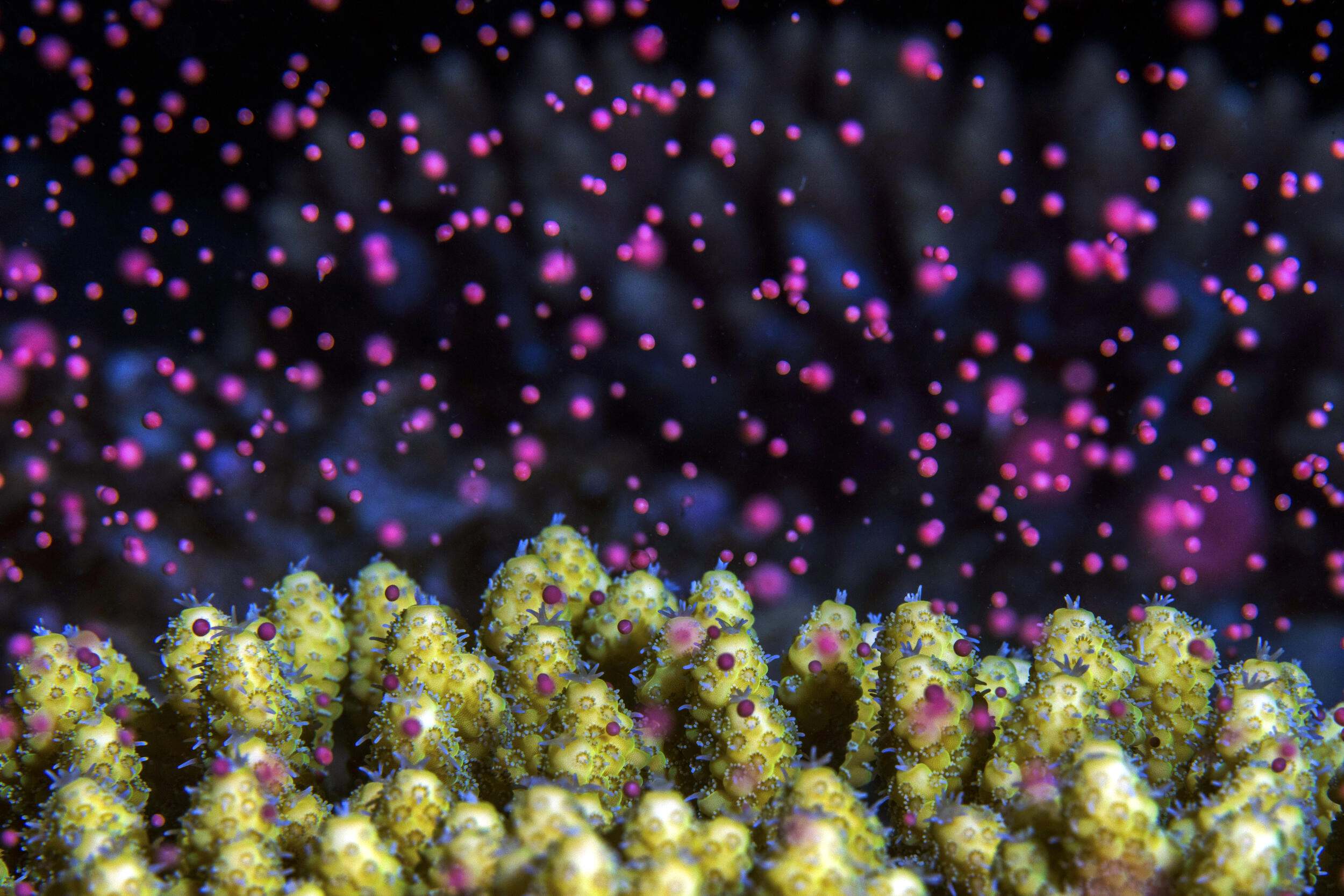In “Preparing to manage coral reefs for ocean acidification: lessons from coral bleaching,” Dr. Elizabeth McLeod and her co-authors discuss how management strategies designed to address coral bleaching can be modified to address the impacts of ocean acidification. The authors note that while stabilizing CO2 emissions is the most critical step to address ocean acidification, it is beyond the scope of reef managers. They highlight the importance of management strategies to address ocean acidification including: spatial risk spreading; managing connectivity between source and sink reefs; and improved management of local-scale stressors to enhance reef resilience. Five research priorities are also identified to incorporate ocean acidification into conservation planning and management. Read the abstract or email resilience@tnc.org for a copy of the article.
 We asked Dr. McLeod a few questions about acidification, and here’s what she said:
We asked Dr. McLeod a few questions about acidification, and here’s what she said:
What coral reef region do you think will be impacted by ocean acidification first?
Some regions like the Great Barrier Reef, Coral Sea, and Caribbean Sea, are projected to have seriously low aragonite saturation more quickly than other important reef areas like those in the Central Pacific. The hard part about all of this is that these studies are looking at global patterns of ocean acidification and we now know that local processes can be even more important in affecting ocean chemistry than global processes. Reef-scale processes can either exacerbate or reduce the impacts of changing ocean chemistry, making it really hard to predict how one area will fare compared to another.
What next steps should a coral reef manager take after reading this article to address the impacts of ocean acidification at their site?
We need to reduce stressors as much as possible to support reef resilience. By keeping reefs healthy, they are better able to cope with the impacts of climate change and ocean acidification. Specifically, we need to reduce land-based
sources of pollution; this is particularly important for managing OA because nutrients like phosphorus and nitrogen can lower pH and aragonite saturation states in seawater. Managing herbivores is also critical because herbivores are really important for reef recovery following disturbance – keeping the algal growth in check so coral can settle and grow. The bottom line is that reducing stressors helps to support ecosystem health, and therefore, will help marine organisms focus their energy on growth, calcification, and reproduction as opposed to recovery from damage.
While doing research for this article, did you learn anything counter-intuitive or surprising about recommendations for managing for ocean acidification?
Yes. I was shocked by the large variations in pH and aragonite saturation states on some coral reefs. For example, on Heron Island Reef in the GBR, variations in pH and aragonite saturation state over one day were greater than the predicted changes in ocean chemistry globally by 2050. This is huge. This means that these local factors that can drive these reef-scale changes are really important!
Can you suggest further reading for managers interested in learning more about ocean acidification?
NOAA Pacific Marine Environmental Laboratory has a great website and Woods Hole Oceanographic Institution put together a really handy factsheet that has FAQs on ocean acidification. On this website you will find an overview of how ocean acidification works, and managing for ocean acidification.



